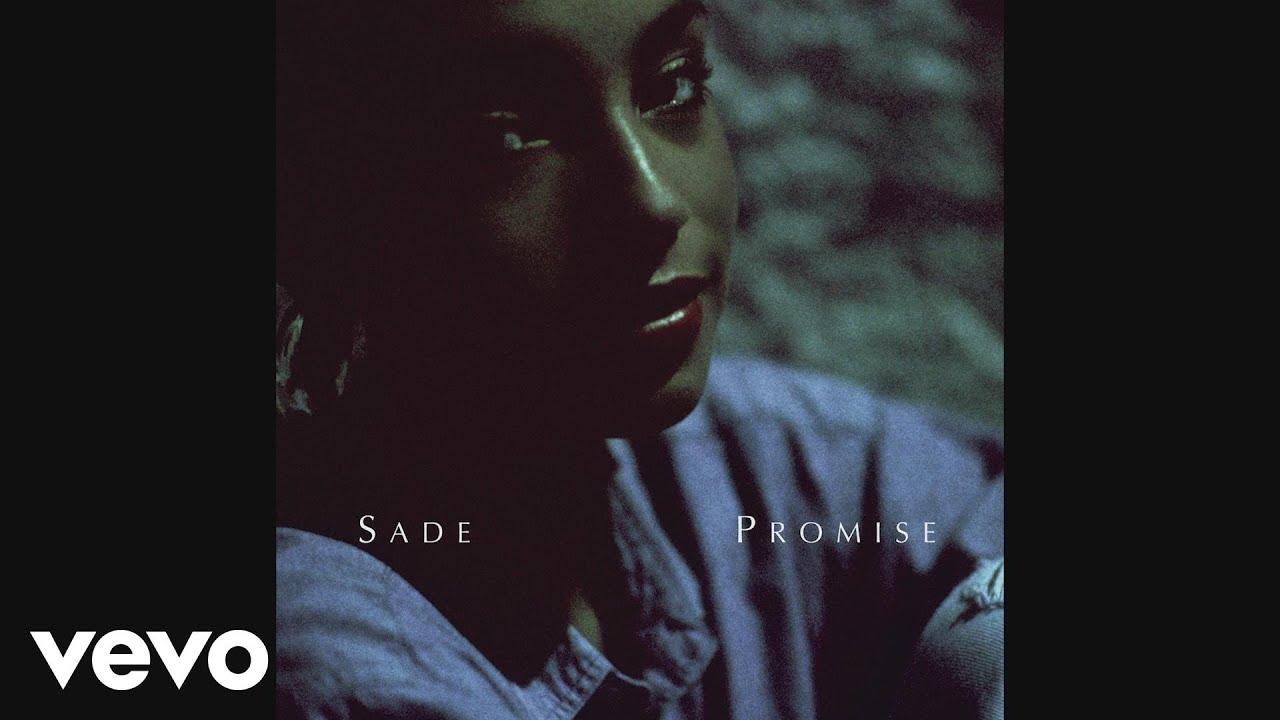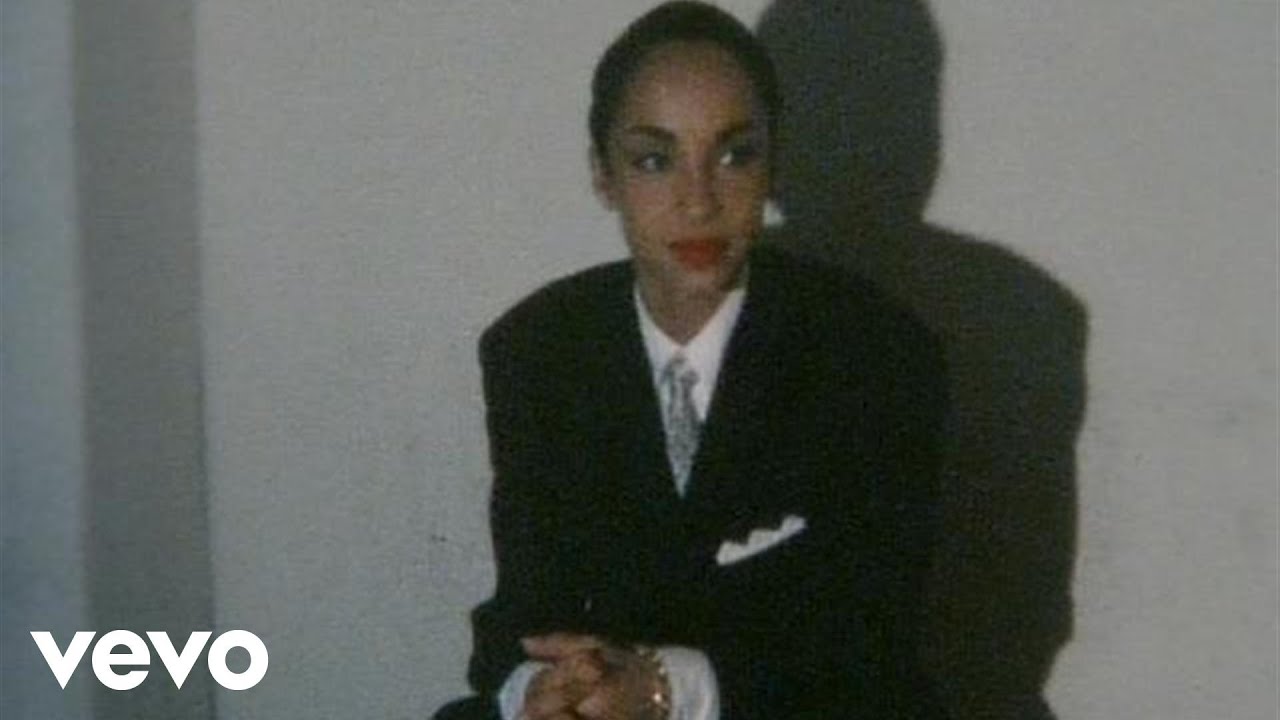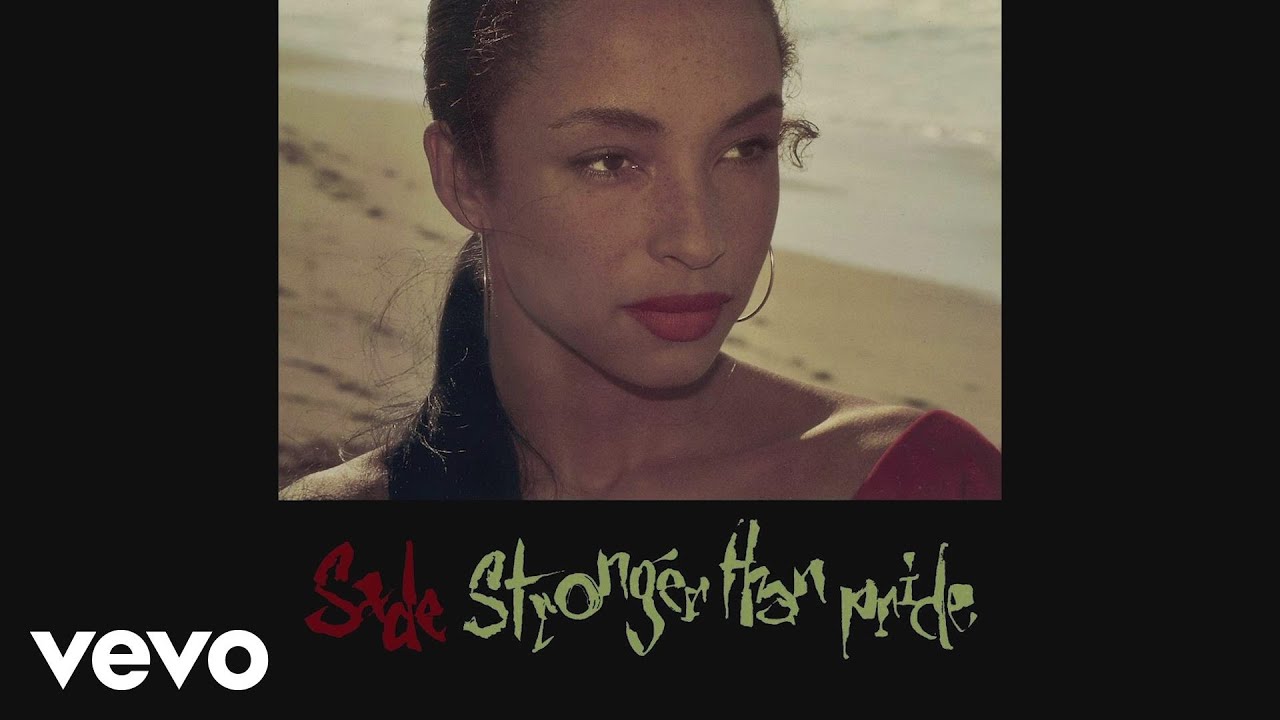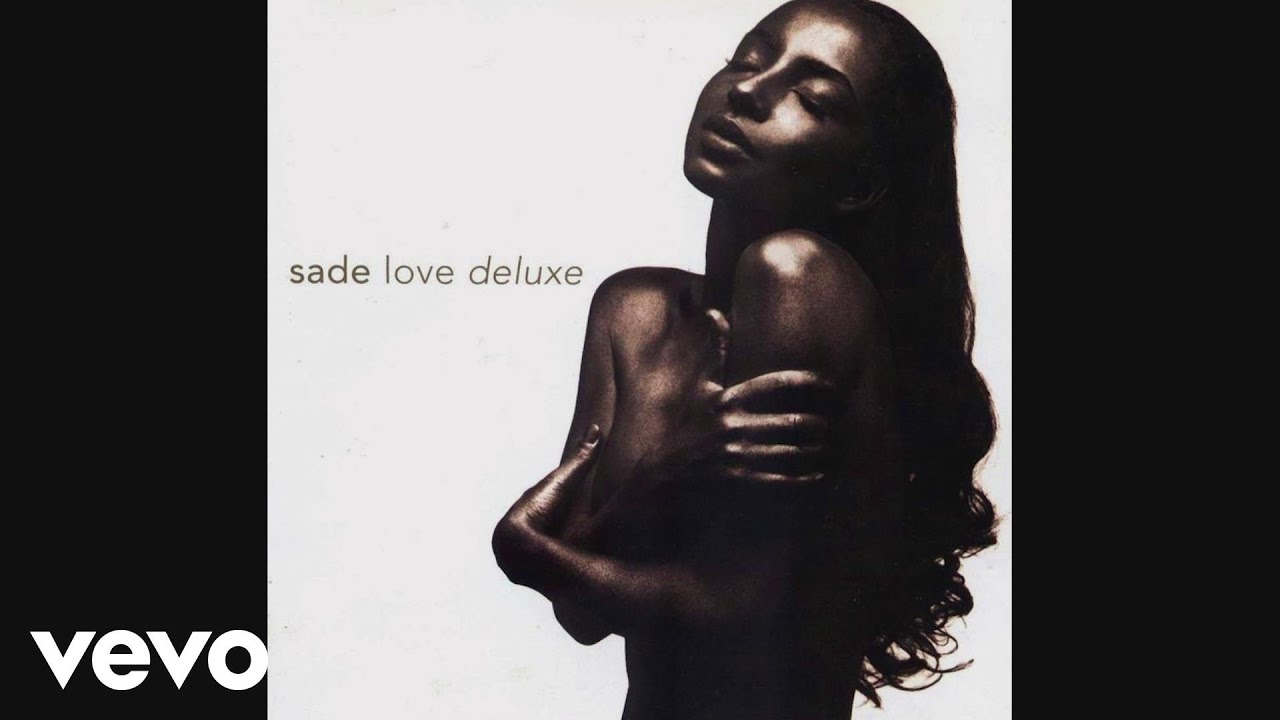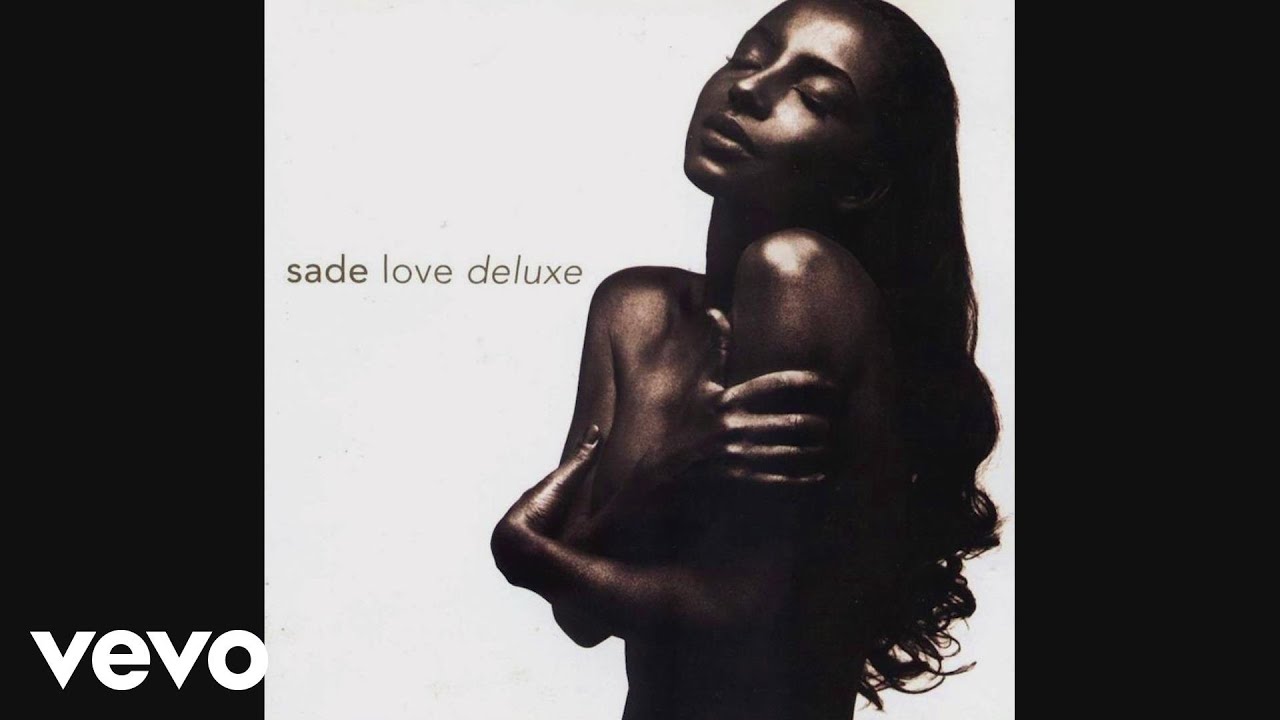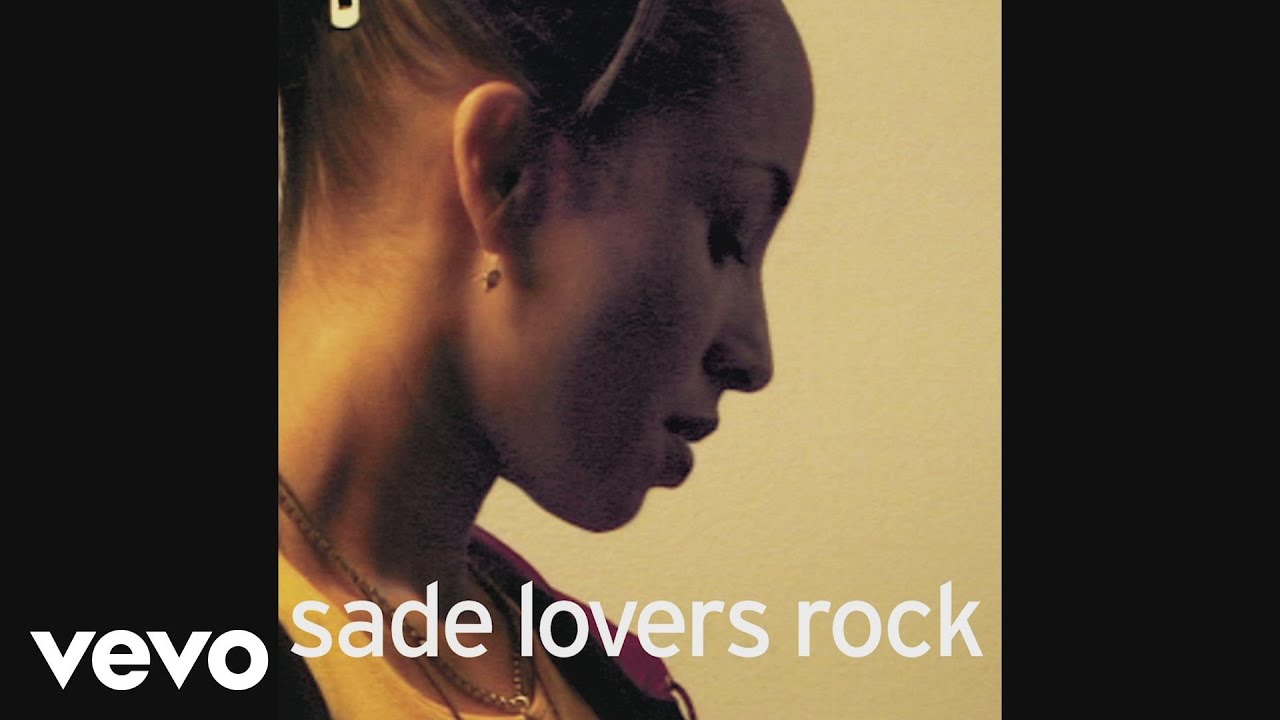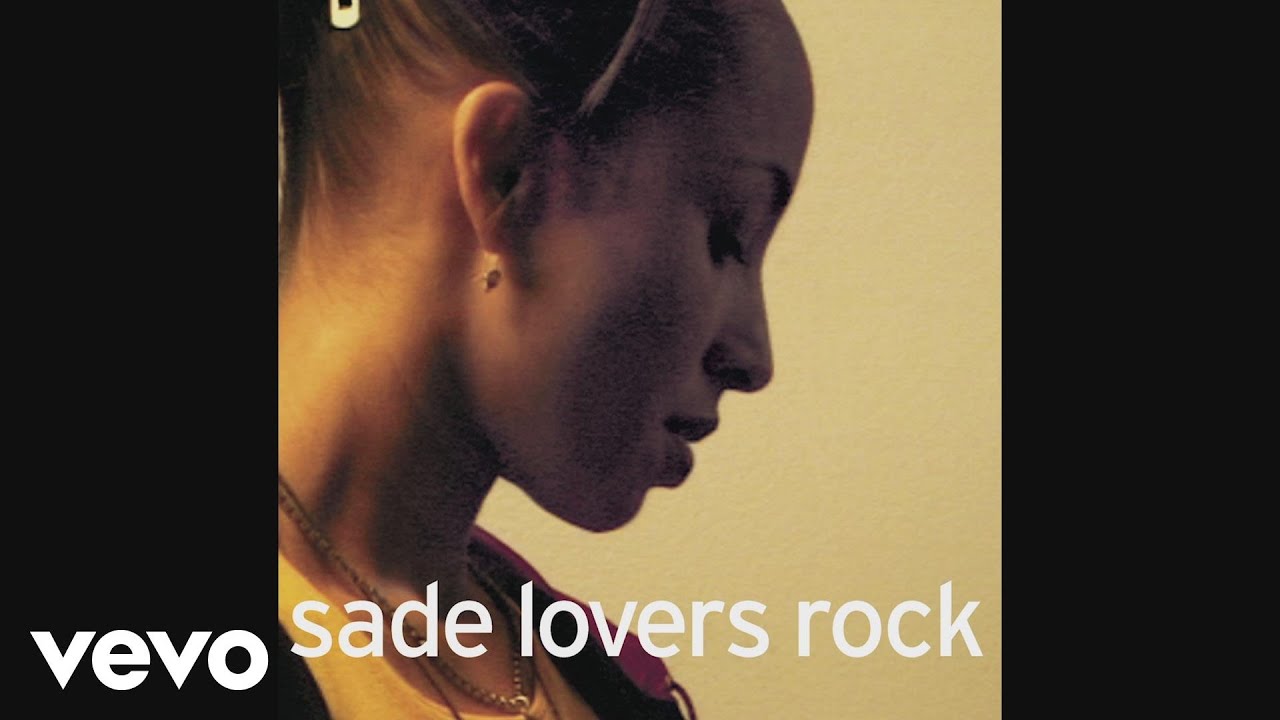Sade by Sophie Muller
For all the reverence with which Sade are held by some, the British band remain utterly sui generis – something which a new box set, This Far, encompassing all their studio albums to date – though sadly no rarities beyond them – makes abundantly clear.
For a career spanning 36 years and counting, their six-album output is relatively minimal, but it’s long been apparent that their priority has been the steady refinement of a singular aesthetic.
And it’s no wonder that it’s captivated so many, from Dawn Richard to Michael Mayer to the xx. Sade are synonymous with sonic opulence – an aspect that has seen them dismissed by those who cannot comprehend the value of any sort of smoothness – but this has always been in service of emotional richness.
Particularly, a triangulation that has come to define them: if love is something to luxuriate in, and sadness also something to luxuriate in, then love and sadness are inextricably commingled.
It’s telling that few of their most vocal devotees try to specifically mimic Sade’s sound and that the most successful examples of their influence use wildly different sounds and even genres to capture their ineffable spirit.
Indeed, so synonymous with a specific vibe have Sade been that their evolution over the years is startlingly disparate when their discography is listened to back-to-back: though sorrow has always been at the heart of their songs, early albums such as Diamond Life and Promise sound veritably light-hearted in comparison to the vast emotional density of their masterpiece, Love Deluxe.
‘Love Affair With Life’ from Your Love Is King (1984)

Chris Roberts
Hearing the B-side to Sade’s debut single ‘Your Love Is King’ for the first time is startling in retrospect. The band would become synonymous with a smooth, expensive-sounding aesthetic, but ‘Love Affair With Life’ is a raw, spare jazz ballad that exemplifies why, on their emergence, their singer drew comparisons to Billie Holiday that seem strange with the benefit of hindsight. Every crack and strain in Sade’s voice is on show, backed just by piano and a distant sax, as the song, addressed to a fickle playboy, morphs from confusion to defiance to threat. Initially overawed by the glamour of his lifestyle – the title’s reference – by the end, Sade has found her range. "You can’t play me – I’m not a melody," she repeats, savouring the blue notes and simmering menace.
‘Maureen’ from Promise (1985)
It’s oddly fitting, in a backwards sort of way, that the King of Sorrow herself, an artist who touches almost every subject with melancholy, should deliver one of her most uncomplicatedly upbeat songs about her dead best childhood friend. ‘Maureen’ focuses not on the depth of immediate grief but its long, complex tail: brief flashes of remembrance years and decades later that rise unbidden. Sade’s memories of Maureen are comforting: she may miss her former partner in crime, but thinking about their old antics brings a smile to her face. Life has moved on, and it’s fitting that the trigger for these reminiscences is newfound contentment. "You’ll never meet my new friends," Sade sings, a moment of poignancy realised almost offhand.
‘Turn My Back On You’ from Stronger Than Pride (1988)
So much of the focus is on Sade the singer that Sade the band don’t quite get their due, at least not in the same way; indeed, if she brings an ineffably divine quality to their sound, it’s often as a counterpoint to the impeccably polished arrangements that made them suited to the yuppie wine bars of stereotype. When the latter move further into the spotlight, though, it’s evident that they’re not just her foil. On the fourth single from Stronger Than Pride, Paul Denham’s bassline is a star of the swaying, swishing show; indeed, as a song it’s a wisp of a thing, Sade opting to vamp around the title phrase and various ad libs – perhaps why it didn’t place in either the UK or Billboard charts. But its low-key nature doesn’t stop it being irresistible – nor the singer from providing one casual glimpse into the cosmic. "You are my… religion," she murmurs. The pause is everything.
‘Keep Looking’ from Stronger Than Pride (1988)
Most of the time, Sade exists in the realm of the otherworldly divine – but on ‘Keep Looking’, she descends to earth to deliver an oddly off-brand pep talk to anyone wallowing in sadness. Yes, you could argue that wallowing in sadness is the point of listening to Sade, but their way of picking you up is with another irresistibly strutting bassline and a breezy fuck-the-haters lyric. Ultimately, it’s about going your own way, and few have been as unconcernedly resolute in that as Sade.
‘Pearls’ from Love Deluxe (1992)
The most sonically gorgeous song on Sade’s most luxurious album is, paradoxically, the one that weaponises that opulence against itself. ‘Pearls’ should not work on any level: a wealthy celebrity watches a famine victim in Somalia scrabbling around for grains of rice that have fallen from relief trucks (the titular pearls) and croons sadly, vaguely about it, alighting on the most tone-deaf metaphor possible: "And it hurts like brand-new shoes." But the swooning doubles up as scathing: ‘Pearls’ encapsulates the sheer abyss between experiences and the rich West’s holding pattern of guilty, useless charity. Is there a line that skewers solipsistic reactions to global tragedy more than Sade gazing upon a starving woman and murmuring: "I would like to be that brave"? The song crests with a pair of near-howled alleluias; it’s a prayer as much for Western souls as African bodies.
‘Bullet Proof Soul’ from Love Deluxe (1992)
One of the few contemporary artists whose homages to Sade have done her justice is Dawn Richard, who as one-third of Diddy Dirty Money and as a solo artist has frequently referenced the original soldier of love in constructing her own warrior narrative. A key track in understanding this is the penultimate cut on Love Deluxe: having spent a whole album casting love as sacred and framing it in the most sumptuous music the band have ever made, Sade turns her attention in the last stretch to the blasphemy of betrayal. But love isn’t just a feeling in the Sade universe: it’s armour. If the song unfolds like an attempted murder in slow motion, disguised beneath dapples of piano and drifting sax, the outcome isn’t just survival but resurrection. "I came in like a lamb – but I intend to leave like a lion," Sade concludes, rising from the ashes of the affair mightier than ever before.
‘Surrender Your Love (Kenny Larkin Remix)’ from Surrender Your Love (Illegal Remixes) (1995)

Matthew Rolston
The timbre of Sade’s voice is natural raw material for remixers: any given phrase is packed with emotion, but with an ego-free distance that means, in theory, it should have acres of shapeshifting potential. It’s unfortunate that the band have licensed so few official remixes – the only one currently available on streaming services is an unspeakable Neptunes take on ‘By Your Side’ – but over the years a plethora of white labels have stepped into the breach. Kenny Larkin’s take on 1988’s ‘Give It Up’ is considered the finest for a reason: it’s reverent rather than radical, but only in the sense that the Detroit techno master builds on Sade’s existing louche vibe and expands it over a gloriously patient 11 minutes.
‘Flow’ from Lovers Rock (2000)
It took Sade eight years to follow up the pinnacle of human achievement that was Love Deluxe, and they did so by turning their focus from the heavens to the world. Lovers Rock is their earthiest, most intimate work: less devotional and more conversational, tactile and concerned with bodies as much as souls. On ‘Flow’, a guitar prickles its way through the song like fingers on skin; Sade interweaves multiple aqueous vocal lines as she grapples with the idea that what she feels is real.
‘Immigrant’ from Lovers Rock (2000)
Unbending and unbreakable when it comes to singing about love, Sade applied the same principle on one of their most effective takes on social issues. ‘Immigrant’ details humiliation and hatred, but is steadfast in emphasising its subject’s dignity. As on ‘Pearls’, an undercurrent is Sade’s contempt for Western weakness: "To even the toughest among us, that would be too much," she repeats like a mantra. Seven years later, the delicate plucked guitar of ‘Immigrant’ would be sampled in stellar fashion by Cologne producer Superpitcher on ‘Snow Blind’, continuing the German house imprint Kompakt’s enduring and rewarding fascination with Sade that had also seen label head Michael Mayer cover ‘Love Is Stronger Than Pride’ in 2002.
Jody Breeze – ‘The Way I Move’ from Eezy Breezy Beautiful (2010)
How do you magnify the emotion of one of Sade’s most devotional hymns of desire? The ‘Cherish The Day’ original is a weightless prayer sent up to the heavens to float in space, and on ‘The Way I Move’, Chicago juke DJ Jody Breeze strips it back to add even more space. Officially a separate song that uses Sade as a sample, it’s essentially a remix: Breeze – who now goes by DJ JodyDigital, not to be confused with the Atlanta rapper Jody Breeze retains the entire vocal line, isolates the dreamy guitar riff that peals throughout and adds typically trippy footwork rhythms. The genre’s penchant for intensifying soul and pop vocals – see also DJ Nate’s Danity Kane-sampling ‘Poetry’ – finds its apotheosis in Sade; hearing it in clubs makes for a breathtaking dancefloor reverie.


